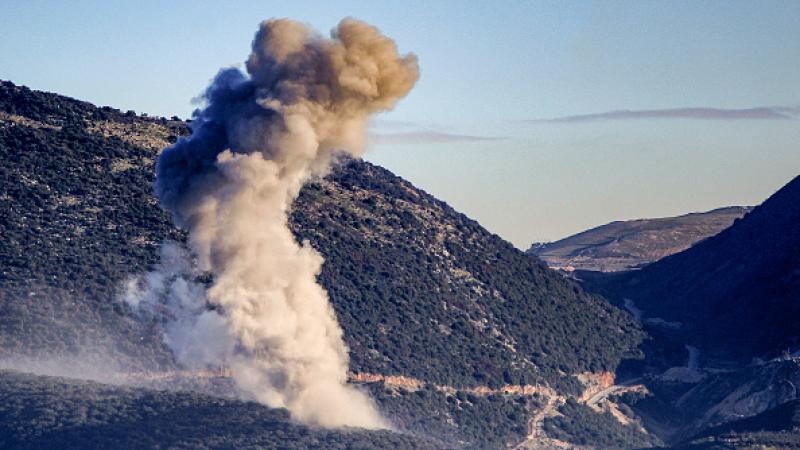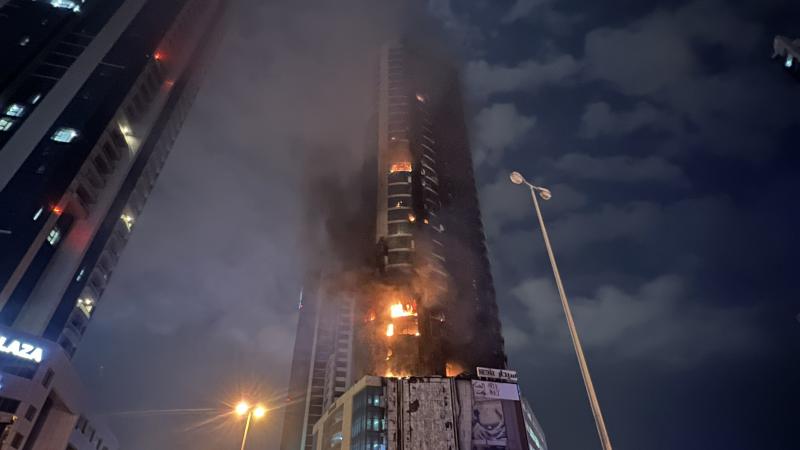UN human rights expert: Iran atrocities go beyond 1988 massacre, will finally be declared 'genocide'
“I’m making the case that the crime of genocide was committed,” U.N. Rapporteur Javaid Rehman said.
A United Nations-appointed human rights expert on Wednesday presented his findings in what may be the strongest and most comprehensive condemnation of Iran for a series of atrocities carried out in the country in the 1980s.
The findings were presented at the United Nations Office in Geneva by Rapporteur Javaid Rehman, who focuses on human rights issues in Iran. He said he has been working on the report since his appointment to the post in 2018.
Most of the executions allegedly carried out in Iran in the 1980s happened during a five-month period in 1988.
According to the National Council of Resistance of Iran, best known as the NCRI, the massacres cost 30,000 Iranian opposition figures their lives, most of the casualties were members of NCRI and affiliated groups.
Rehman, however, argued that while most people are focused on those number over a relatively small period of time the matter is ongoing.
“This is not a historical issue, as many people think,” he said. “It is a current issue. There are serious concerns about gross violations of human rights” that continue to this day.
Due in part to strong lobbying from survivors of the massacres, family members of victims, and others, multiple investigations into the events in Iran in 1988, dozens of countries and multilateral entities have officially and formally condemned the atrocities.
Many of the countries, including Canada, Italy, Sweden, as well as groups like Amnesty International, are calling them “crimes against humanity.”
But Rehman’s report, which the United Nations will formally release in the coming days, will be significant in part because it will be the first of its kind to refer to what happened in 1988 using the term “genocide.”
Though the term “crimes against humanity” dates to at least World War I, it only entered into legal force in 2002 using definitions from the Rome Statute of the International Criminal Court – after the atrocities in Iran took place. The United Nations Genocide Convention, in contrast, dates to 1951.
“I’m making the case that the crime of genocide was committed,” Rehman said. “There must be accountability for atrocity crimes, crimes against humanity, genocide, and other serious crimes in international law.
“The key events of what happened in 1988 are that thousands of political prisoners were targeted and murdered with no trial."
His report will also make reference to earlier roundups and executions in Iran that took place in 1981 and 1982.
Wolfgang Schomburg, a former judge at the International Criminal Tribunals for Yugoslavia and Rwanda, spoke at the Geneva events alongside Rehman.
He said the hope is that the U.N. findings lead to potential warrants for current Iranian figures tied to the events from the 1980s.
Schomburg said such a move would make it “impossible for them to travel internationally" without risking immediate arrest.
However, the report will not cover more recent developments in Iran, including the 2022 crackdown on domestic protests that gained intense international attention after the death of Mahsa Amini.
The 22-year-old Kurdish-Iranian woman was allegedly arrested in September 2022 for failing to cover her head in a way mandated by Iranian law and died while in Police. The U.S. supported United Nations findings on those events.
European Parliament President Roberta Metsola said her death was a ”brutal murder."
The Facts Inside Our Reporter's Notebook
Links
- Javaid Rehman
- the massacres cost 30,000 Iranian opposition figures their lives
- strong lobbying from survivors of the massacres
- family members of victims
- Canada
- Italy
- Sweden
- Amnesty International
- Rome Statute of the International Criminal Court
- United Nations Genocide Convention
- intense international attention after the death of Mahsa Amini
- The U.S. supported United Nations findings
















